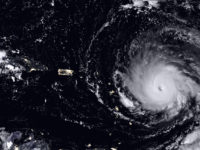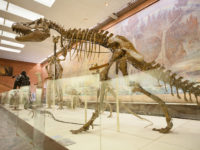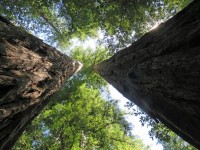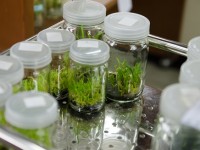What is Meteorology? Meteorology is one of the most important atmospheric scientists yet one that most of us do not think about. When we do, our immediate thought is to its usefulness in predicting weather. Yet it covers all aspects of the atmosphere, including atmospheric physics and chemistry (1). Humanity has always had (and needed)…
Read more
Meteorology: Something in the Air










